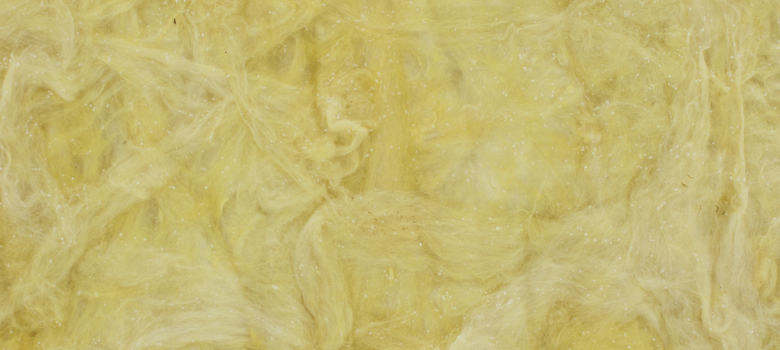
Is there any truth in the rumour that fibreglass insulation gives you cancer? The short answer is… no! Here, we will run you through where we think the rumour came from, and whether there is anything behind it.
We are constantly told that things will give us cancer, from red meat to scented candles, and it’s easy to get scared once the ‘C’ word has been mentioned. However, it looks like this particular claim is unsubstantiated.
Health effects of fibreglass insulation
Fibreglass is a popular choice of insulation due to its cheap cost and relatively good thermal performance. It’s a manmade material; as the name suggests, glass is spun into tiny fibres and then gathered together to form a wool-like texture.

However, medical experts have ruled – after decades of studies- that there is no link between fibreglass and cancer. In 2001, The International Agency for Research on Cancer (IARC) updated the classification of mineral wool from “possible carcinogenic to humans” to “Not classifiable as to its carcinogenicity to humans”.
So it doesn’t cause cancer, but it can cause irritation to the skin, nose, eyes and lungs if you touch it, or if you are exposed to it at close range for long periods of time. Therefore, the people most likely to be affected are the people installing it. You probably won’t suffer for going up into your attic a couple of times a year. Although we’re not scientists, it seems fibreglass poses very little threat – if any- to the average homeowner!
Why do people think fibreglass insulation causes cancer?
We often hear about salesmen cold-calling people to ‘warning’ them that they’re in danger if they have fibreglass insulation. They tell you it’s bad for your health so that they can charge you to remove it and replace it with (often ineffective) spray foam insulation. So it’s within their interests to spread this particular piece of scaremongering, which is presumably why the rumour persists.
Lets just say that whilst fibreglass is not the most pleasant material, it is actually very effective at insulating, and jumping to change it to an alternative is not necessary for most households. Whilst there may be some situations where switching to an alternative is a good proposition, this should not be the default position.
What are the alternatives to fibreglass insulation?
If you want to avoid all worry about toxic ingredients, you could consider getting natural sheep wool insulation instead. It’s a bit more expensive, but a lot more effective in several ways. But if you’re happy with how your fibreglass insulation performs, and you don’t come face-to-face with it from one month to the next, we’d probably recommend not letting people scare you with the ‘cancer’ threat.
Installing loft insulation
Interested in installing loft installation? We have scoured the country for the best tradespeople, so that we can make sure we only recommend those we really trust.
If you would like us to find you a local installer, just fill in the form below and we will be in touch shortly!












“Not classifiable as to its carcinogenicity to humans” doesn’t mean that it doesn’t cause cancer. It just means that there is not enough evidence to say it does cause cancer, it’s group 3*. There seems to be a serious lack of evidence to show either way. Do you have access to any other studies to show definitively that there is no build up of fibreglass in a human lung?
*”Group 3: The agent is not classifiable as to its carcinogenicity to humans. This category is used most commonly for agents for which the evidence of carcinogenicity is inadequate in humans and inadequate or limited in experimental animals.”
Something does not have to cause cancer to be bad for you. For me, airborne fiberglass was the cause of my ulcerative colitis. After removing all of the fiberglass from my house my colitis went away. Just like asbestos, fiberglass can cause many health problems.
just had a surveyor come in to offer me a government grant for spraying my roofing voids with expanding foam and told me even downstairs I am breathing toxic fumes from the fiberglass insulation he said by spraying the voids would alter the airflow which would eliminate the fumes we are breathing from the existing insulation he also told me that my 1980 built roof is damp and the roof is unsafe I checked when he left and the timbers are dry. He wanted £5000 up front the enable the spraying of the voids.I asked him to leave after an hour. Any thoughts anybody on this
Spray insulation is bad news. Makes the timbers rot. Mortgage companies won’t touch you if you have it and it is a re-roof job to get rid
I would suggest you did the right thing turning the surveyor away….. If anyone turns up unannounced and asks for £5,000, I would suggest doing some more research. We have seen homes with spray foam in the roof unable to be mortgaged – so be careful!